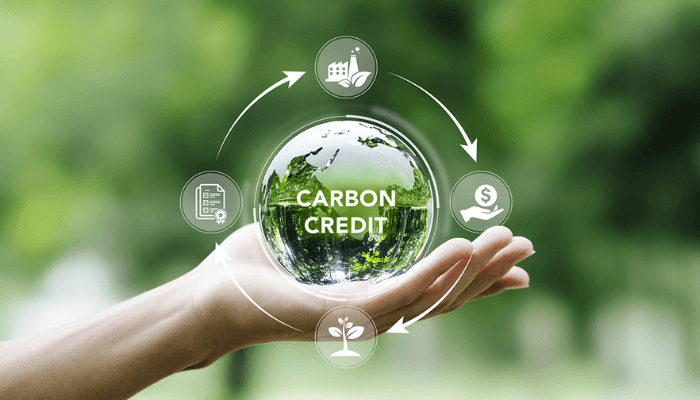By Milcah Tanimu
As Africa faces pressing environmental challenges, there is an urgent need for sustainable solutions that can improve air quality, create jobs, and foster better living conditions. BURN, a leading manufacturer of energy-efficient cook stoves, is at the forefront of this movement, leveraging carbon credits to fund its transformative projects.
BURN’s Mission and Vision
Peter Scott, CEO of BURN, views Nigeria as a key player in driving both business growth and socio-economic impact. His mission is to reach at least 100 million people in Nigeria, with a particular focus on empowering the nation’s youth. BURN’s strategy involves utilizing carbon credits to finance large-scale initiatives that go beyond profit-making, aiming to transform lives with innovative cooking solutions.
Addressing Environmental and Health Challenges
BURN produces some of the world’s most affordable, fuel-efficient stoves, including options that use wood, charcoal, LPG, electricity, ethanol, and institutional briquettes. These stoves are designed to reduce fuel usage by 40% to 80%, delivering significant benefits for both people and the environment. Scott’s goal is to ensure that every household in Nigeria has access to a BURN cook stove by 2050.
Sub-Saharan Africa faces severe environmental crises, including deforestation driven by the need for cooking fuel. According to Scott, inefficient stoves contribute to approximately 600,000 deaths annually from smoke inhalation, comparable to emissions from the entire airline industry. BURN aims to mitigate these issues by providing cleaner, more efficient cooking solutions that save lives and reduce carbon emissions.
Investment and Job Creation
BURN is working on green investment strategies to support its mission. The company anticipates that an initial investment of $2.4 billion could generate over $10 billion in carbon credit revenue, which would be reinvested in Nigeria. BURN plans to offer cook stoves at highly discounted prices—typically $40 stoves will be available for just $5—by leveraging carbon credits.
In addition to environmental benefits, BURN’s initiatives are expected to create substantial job opportunities. With over 1,000 employees in Nigeria and 3,500 across Africa, the company projects scaling its production to 100,000 units per month, with the potential to ramp up to one million units per month within a year.
BURN’s manufacturing facility in Kenya, which operates on renewable energy, serves as a model for future production. The company is exploring the use of renewable energy for electric cooking stoves, highlighting the benefits of investing in renewable infrastructure to power industrial growth and support sustainable development.
Partnerships for Sustainable Development Goals
BURN’s success will depend on collaborations with the government and other stakeholders. Scott praised the Nigerian government’s commitment to clean cooking initiatives and aims to work closely with them to distribute as many stoves as possible, contributing to local content development.
Although Nigeria lacks indigenous stainless-steel production, BURN plans to source raw materials from China and process them locally. The company’s factory in Kano currently produces 35,000 stoves per month and aims to increase this to one million units per month. Additionally, BURN is exploring international markets, positioning Nigeria as a green manufacturing hub that could compete with China on pricing.
Long-Term Vision for Sustainable Impact
BURN’s vision extends beyond immediate profits. By subsidizing stove costs through carbon credits, the company aims to make clean cooking solutions affordable for all. BURN’s commitment to reinvestment for social good underscores its role as a pioneer in sustainable development, dedicated to transforming lives and fostering long-term change in Africa’s communities.
BURN’s innovative cooking solutions are set to make a significant impact on the environment, economy, and quality of life across Africa, reaffirming the company’s dedication to driving sustainable development and positive social change.





